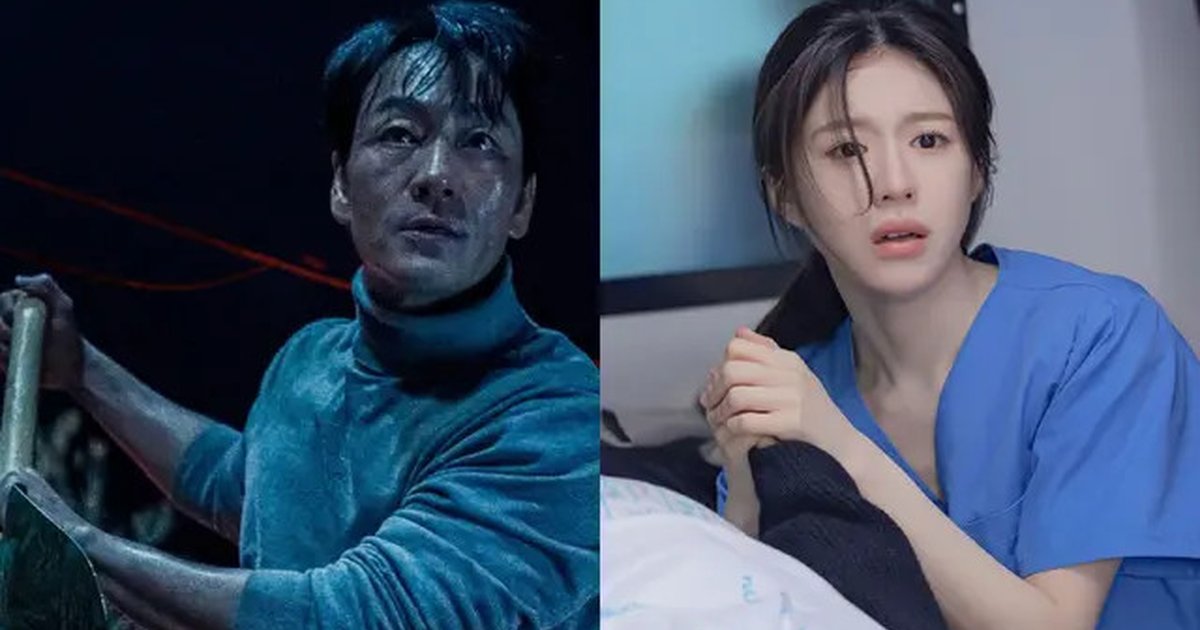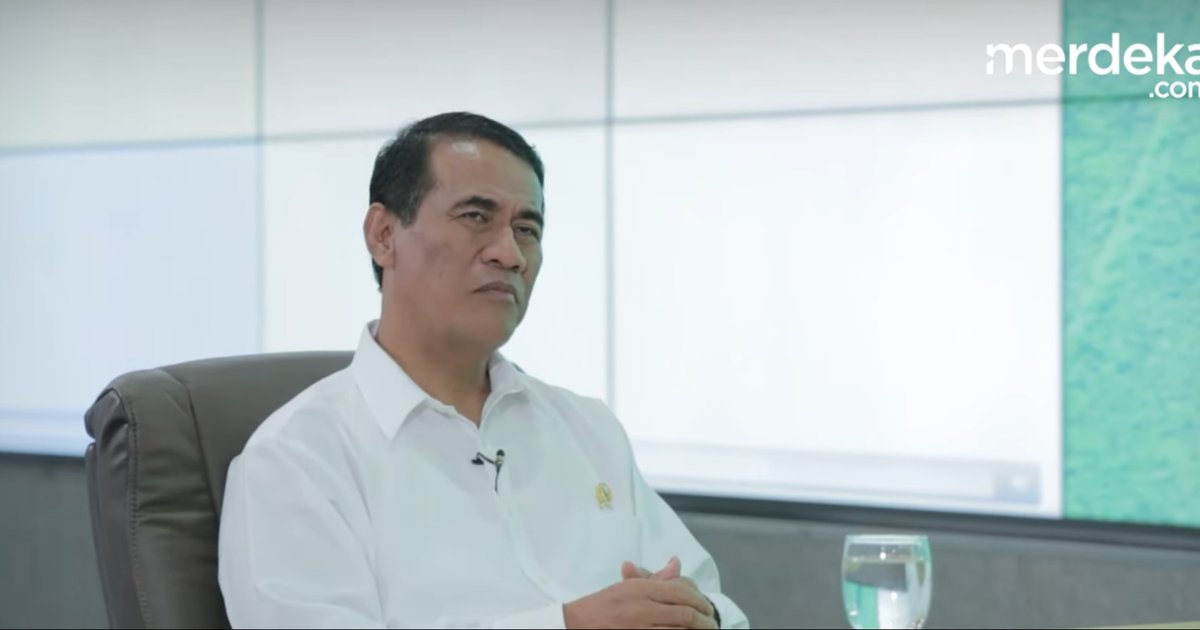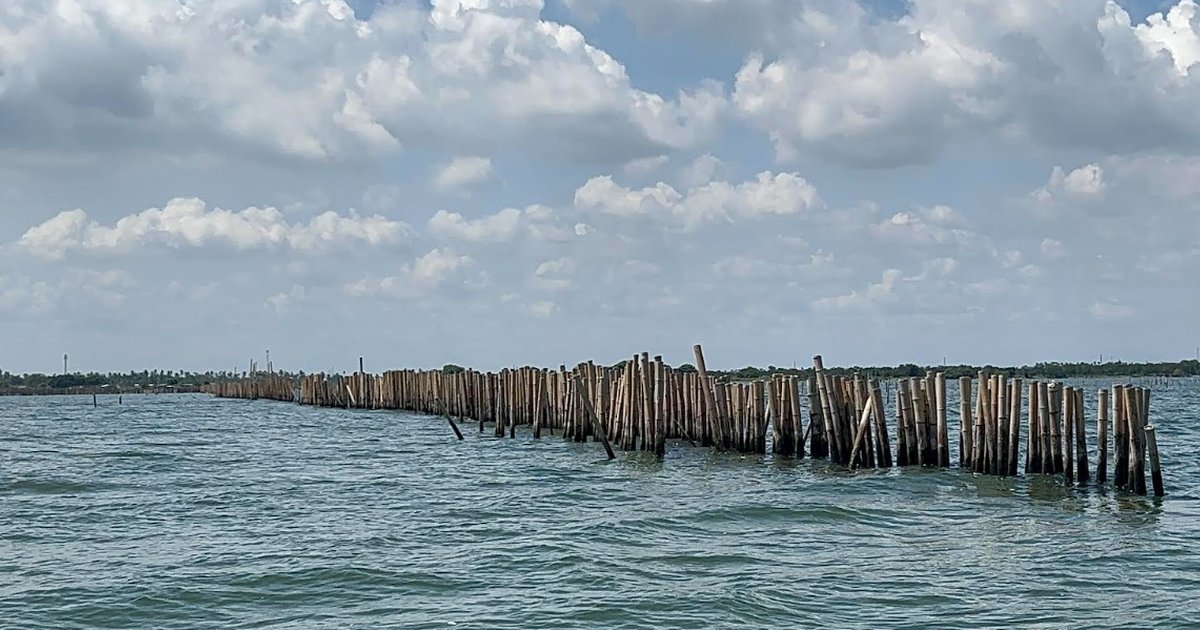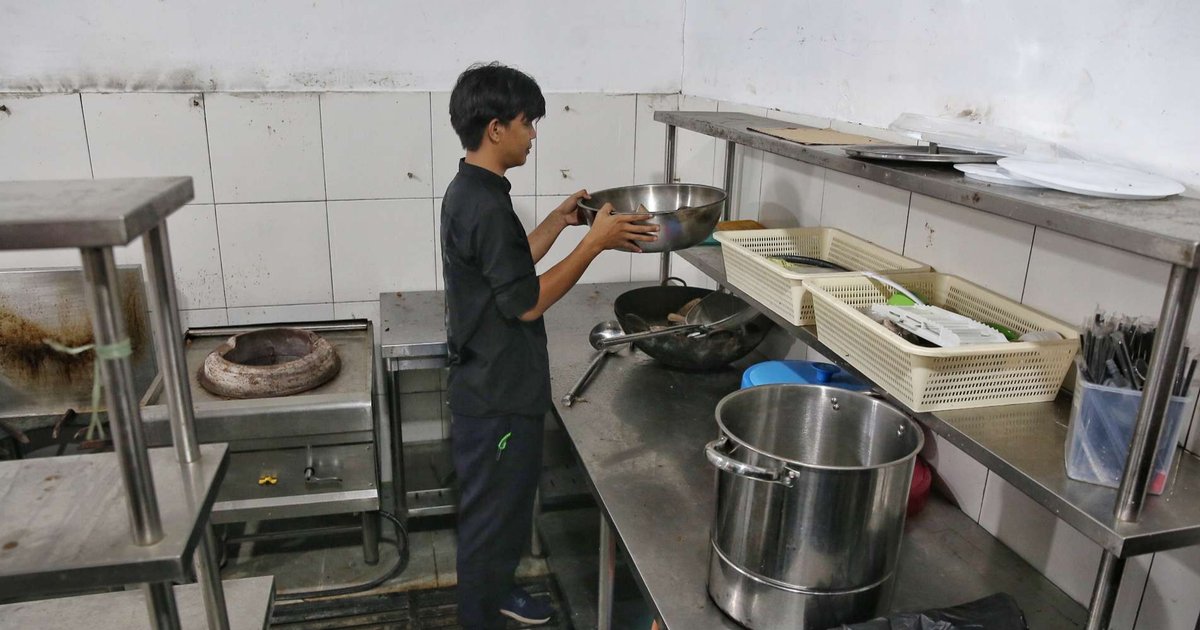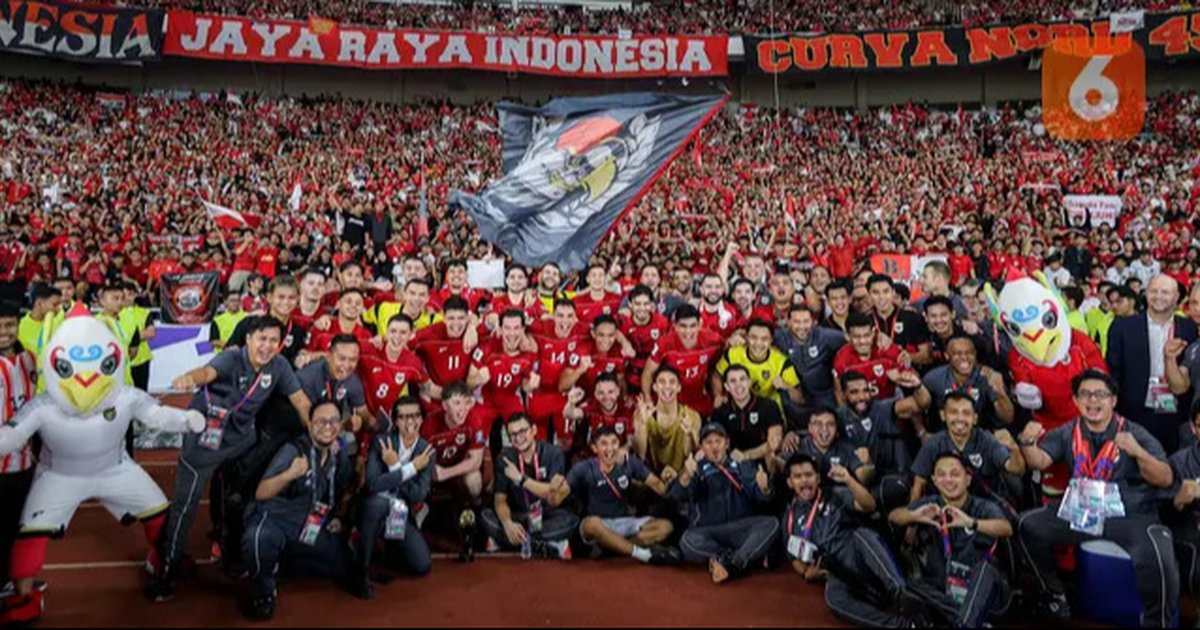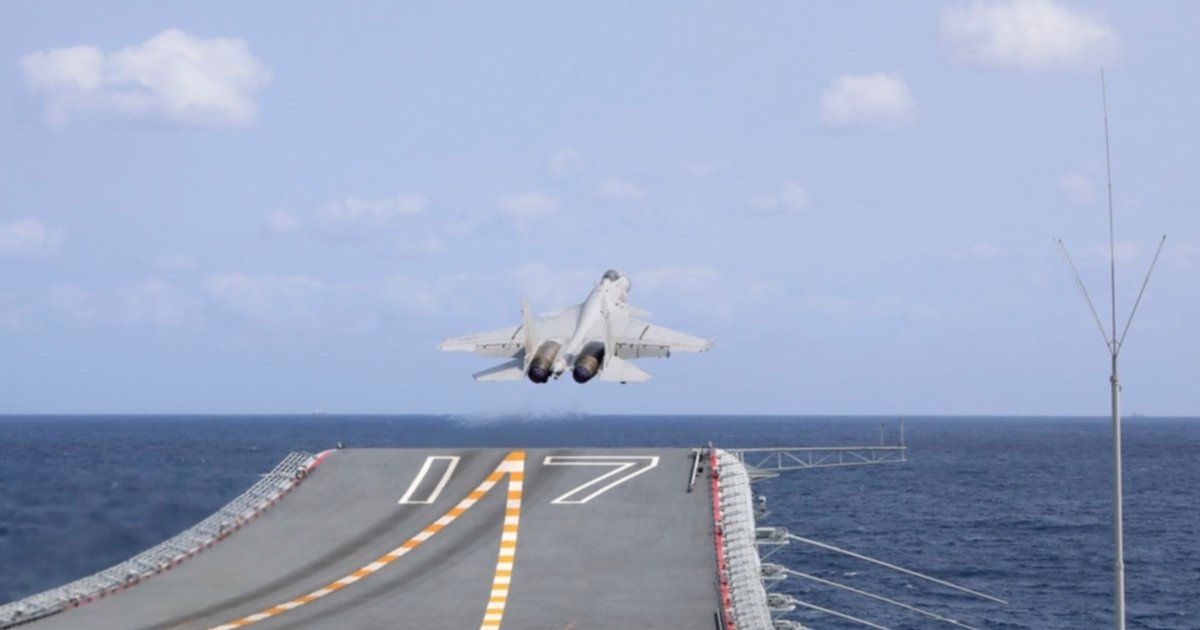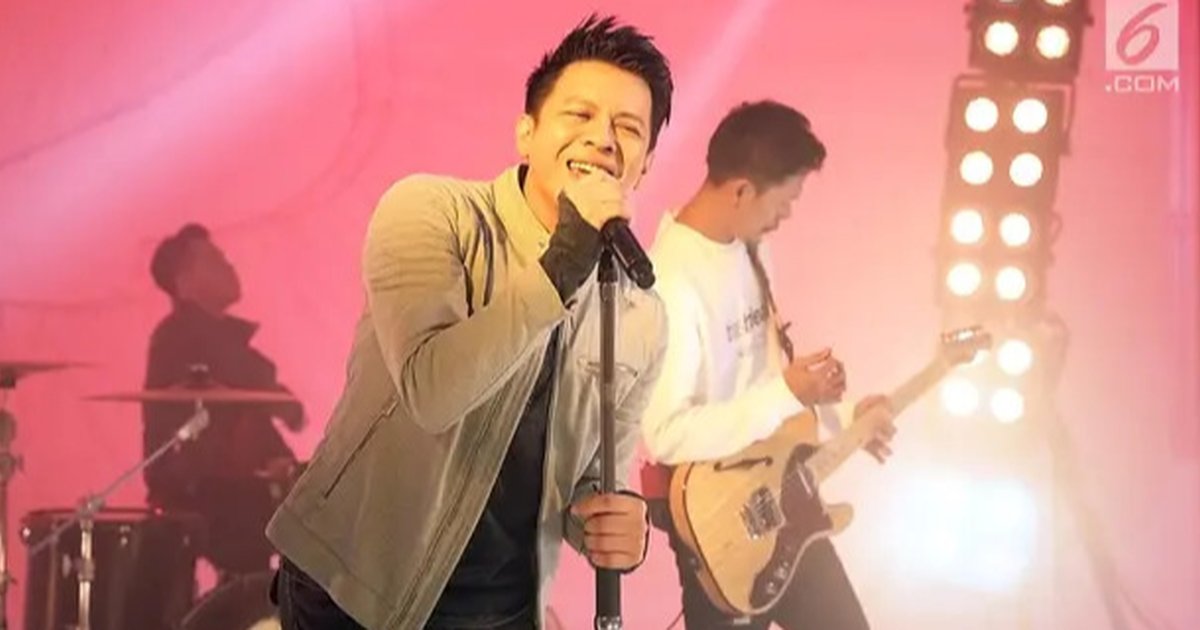The generation of footballers that graces the Premier League today, the generation of Cole Palmer, Erling Haaland and Mohamed Salah, the generation that lives in gated splendour and enjoys rock-star adulation, is a generation that stands on the shoulders of giants.
In the context of the English game, no one did more to create the boom of the 1990s and lay the foundations for fabulous new stadiums and the rush of billionaires flocking to invest in, and profit from, our clubs than Paul Gascoigne.
It is one of the reasons there was so much alarm and consternation on Sunday night when it was revealed Gascoigne had been admitted to hospital after being found semi-conscious in his bedroom in Poole, Dorset, by a friend.
Gascoigne, 58, is the most talented player from these shores to have graced the game since England won the World Cup in 1966. Some will make arguments for Bryan Robson, Wayne Rooney, Alan Shearer, Paul Scholes and Steven Gerrard and they were wonderful footballers but Gazza stands above all of them.
He had everything as a player. He had wonderful vision, he had an electric change of pace that took him past players and beyond players, he had skill, he had audacity, he had impudence, he had confidence, he was a brilliant free-kick taker and a superb passer of the ball.
His star shone more brightly than any English player’s since that World Cup victory but it also shone too briefly. He was the inspiration behind England’s run to the 1990 World Cup semi-finals that still represents this nation’s joint-best showing at that tournament for nearly 60 years.
Paul Gascoigne's star shone more brightly than any English player's since the 1966 World Cup victory as he inspired the Three Lions to the semi-finals back in 1990
The last flowering of Gazza's talent thrust England into the semi-finals of Euro 1996
Gascogine's vital role in helping football boom in the 1990s was one of the reasons there was so much alarm when it was revealed on Sunday that he had been admitted to hospital
The last flowering of his talent thrust England into the semi-finals of Euro 96.
It may sound contradictory but his tears in the World Cup semi-final against West Germany in Turin, after nerve-shredding victories over Belgium and Cameroon, reignited a joy in the game in this country after the blight of hooliganism had laid it low for much of the Eighties.
The combination of Gascoigne’s ebullience and the advent of the Taylor Report, which created safer conditions to watch football, sparked the explosion of popularity in the English game which our leading clubs are still benefiting from today.
Yet Gascoigne’s health crisis reminded us all of something else, too. It reminded us of the fear that lurks inside everyone who loved watching him play that his fragility is growing by the day.
Part of the enduring affection for Gascoigne stems from the strange confluence of a giant of a footballer and a troubled, tortured man who has always given the impression in the years since he retired in 2004 that he is lost without the game.
So we love him for what he could do with a football but we also love him for his vulnerability and his excesses, which may be the same thing. We love him for his antics in the dentist’s chair in Hong Kong before Euro 96, his virtuoso goal against Scotland and his water-bottle celebration afterwards, the story about him crashing the Middlesbrough team bus and his cameo with Carlton Palmer in An Impossible Job.
And we worry for him because of his long and public struggle with alcoholism and mental health issues. Playing football was the sticking plaster that covered those up. When he retired, that plaster was ripped off.
I was at La Manga in 1998 when Glenn Hoddle caused a seismic shock by leaving Gazza out of the England squad for the World Cup that summer, though by then the stories of Gascoigne’s out-of-control drinking were legion.
Fans loved him for his vulnerability and his excesses, such as his antics in the dentist’s chair in Hong Kong, his virtuoso goal against Scotland and his water-bottle celebration afterwards
We worry for him because of his long and public struggle with alcoholism and mental health issues, with Gascoigne lacking the sticking plaster that playing football provided
It is easy to argue football should do more for him or that it has deserted him, but trying to make him a club ambassador or put him onto a club TV channel does not appear to be for him
It’s not money he needs in order to exit the pit he has been trying to clamber out of for so long, it’s his youth, his youth when he played the game and he was a giant
It should not really have been a surprise. Graham Taylor, a former England manager, had talked years earlier about Gascoigne’s ‘refuelling habits’ and now Hoddle pleaded for understanding.
‘Come on fellas,’ he began, as he addressed a huddle of newspaper reporters after Gazza’s omission had been announced. He wanted us to realise how bad the situation had got.
I went to An Evening with Paul Gascoigne at Edgeley Park in Stockport a couple of years ago and he tried to make light of his alcohol addiction in a room that was fuelled by copious amounts of lager and bitter.
At one stage, he was asked about the moment a team-mate said he was worried Gazza would not be able to work with Dick Advocaat when the Dutchman took over at Rangers. ‘I didn’t know if I’d be able to play for him,’ Gascoigne said, ‘but I did know I could f****** drink him.’
The humour vanishes, of course, on nights like Sunday night when the news of Gascoigne’s health crisis emerged. He appeared on a podcast last year where he said he was no longer ‘a happy drunk’. He said he had become a ‘sad drunk’ now.
It is always easy to argue football should do more for him or that it has deserted him. The truth, I think, is different.
Gascoigne had had a lot of help from a lot of people and organisations within the game. But trying to make Gazza a club ambassador or putting him on a club TV channel or trying to feed him into management always feels a bit like trying to cram a man into a suit that doesn’t fit. It’s not him.
It’s not money he needs in order to exit the pit he has been trying to clamber out of for so long. It’s not money, it’s his youth, his youth when he played the game and he was a giant.
That’s what he needs and no one has it in their power to give it to him.

 7 hours ago
4
7 hours ago
4






























